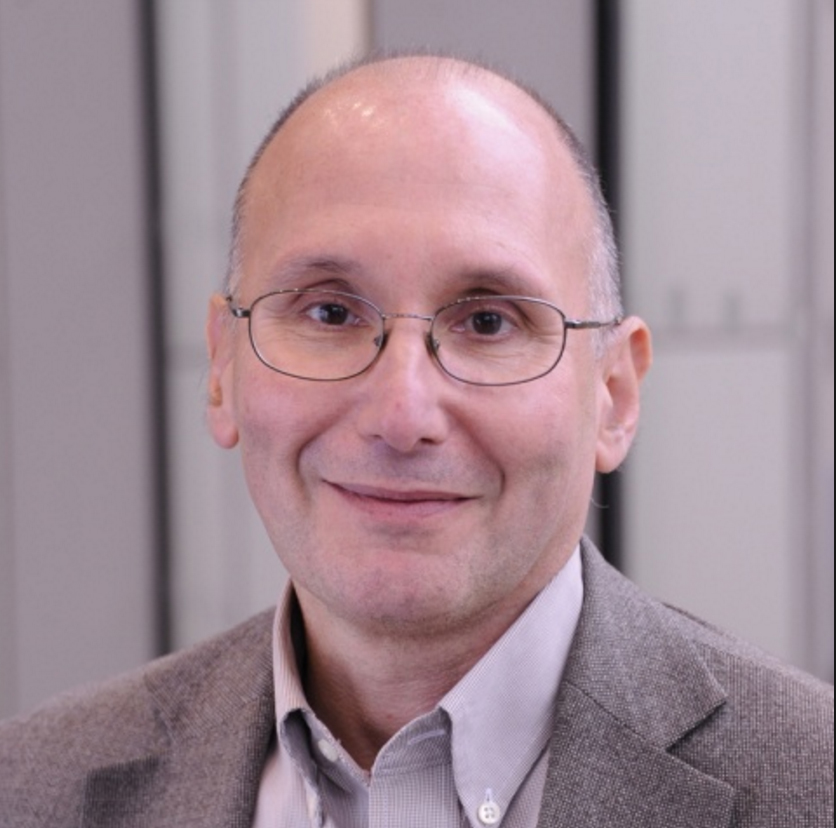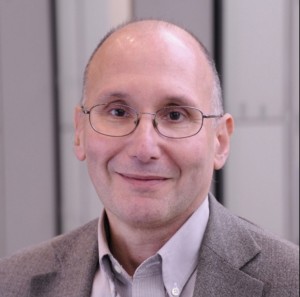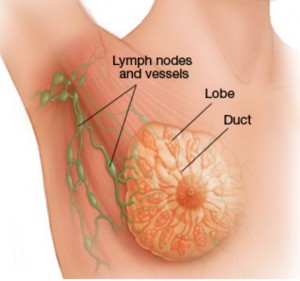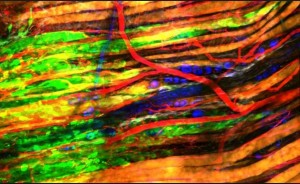
Break through in breast cancer



‘Nature’ published latest study by Prof Sir Mike Stratton, the director of the Sanger Institute in Cambridge which led the study, which reveals a near-perfect picture of genetic events that cause breast cancer, which can be described as a “milestone” moment that could help unlock new ways of treating and preventing breast cancer. Cancer Research UK said the findings were an important stepping-stone to new drugs for treating cancer. To understand the causes of the disease, scientists have to find out what goes wrong in our DNA that converts healthy tissues to cancerous. The International team looked at all 3 billion letters of people’s genetic code in 560 breast cancers. They uncovered 93 sets of genes, that if mutated can cause tumors, some of which have been discovered before.
According Stratton, “ There are about 20, 000 genes in the human genome and 93 of those genes if mutated will convert a normal breast cell into a breast cancer cell. We will hand that list over to the universities, pharmaceuticals, the bio-tech companies to start developing new drugs as those mutated genes and their proteins are targets of new therapeutics. Herceptin is one of those targeted drugs, which are already being used by patients with specific mutations. 60 percent of mutations driving cancer are found in just 10 genes”
Mutations leave special scars on our DNA and that allowed scientists to identify 12 types of damage that cause mutations in the breast.
Dr. Emma Smith from Cancer Research UK said: “ This study brings us closer to getting a complete picture of the genetic changes at the heart of breast cancer and understanding these underlying processes has already led to effective treatments for patients, so genetic studies on this scale could be an stepping stone towards developing new drugs and boosting the number of people who survive cancer.”
Cancer is a complex disease in which cells in a specific tissue can no longer fully responsive to the signals within the tissue that regulate cellular differentiation, survival, death.
